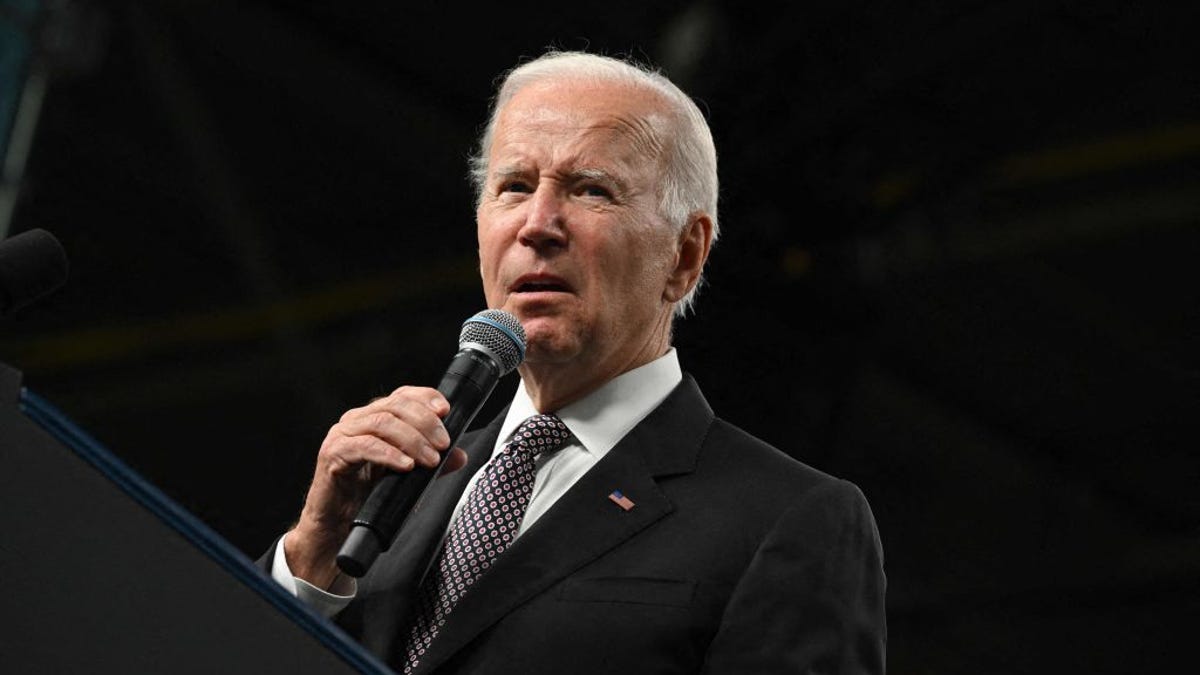Biden Signs Executive Order Securing Future of US-EU Data Transfers
The move was welcomed by Meta, which has been seeking a new deal to allow it to continue operating in Europe.

Biden signed the order on Friday.
In a win for Meta and other US tech giants, President Joe Biden signed an executive order finalizing a new agreement with the EU on Friday. The move marks the latest step in securing the future of data flows between the US and Europe.
The new Privacy Shield mechanism is designed to replace a previous system that allowed the private data of Europeans to flow to the US, but was ruled illegal by Europe's top court in 2020. The court found that the agreement in place between the superpowers gave too much scope for US intelligence agencies to snoop on the personal data of European citizens.
Privacy Shield 2.0 seeks to address this issue by implementing "new safeguards to ensure that signals intelligence activities are necessary and proportionate in the pursuit of defined national security objectives." It also includes a provision allowing EU citizens to seek redress through an independent Data Protection Review Court.
The new agreement is critical for the day-to-day operations of tech companies including giants such as Google and Meta, which rely on being able to transfer data between Europe and the US in order to function properly. Ahead of the US and EU provisionally agreeing to the new deal in March, Meta threatened that without a new mechanism in place it might be forced to withdraw from Europe.
Meta's president of global affairs, Nick Clegg, welcomed the signing of the executive order on Friday. "The EU and US share common values," he said in a Twitter post. "We welcome this update to US law which will help to preserve the open internet and keep families, businesses and communities connected, wherever they are in the world."
Max Schrems, the Austrian lawyer and activist who initially brought the case against Facebook that resulted in the court invalidating Privacy Shield and its predecessor, Safe Harbor, said he expects that the court to find similar issues with the new agreement.
"The EU and the US now agree on use of the word 'proportionate' but seem to disagree on the meaning of it," said Schrems in a statement. "The European Commission is again turning a blind eye on US law, to allow continues spying on Europeans."
The next step is for the decree to be sent to the EU for sign off, with a final pact due to be published in spring 2023.

